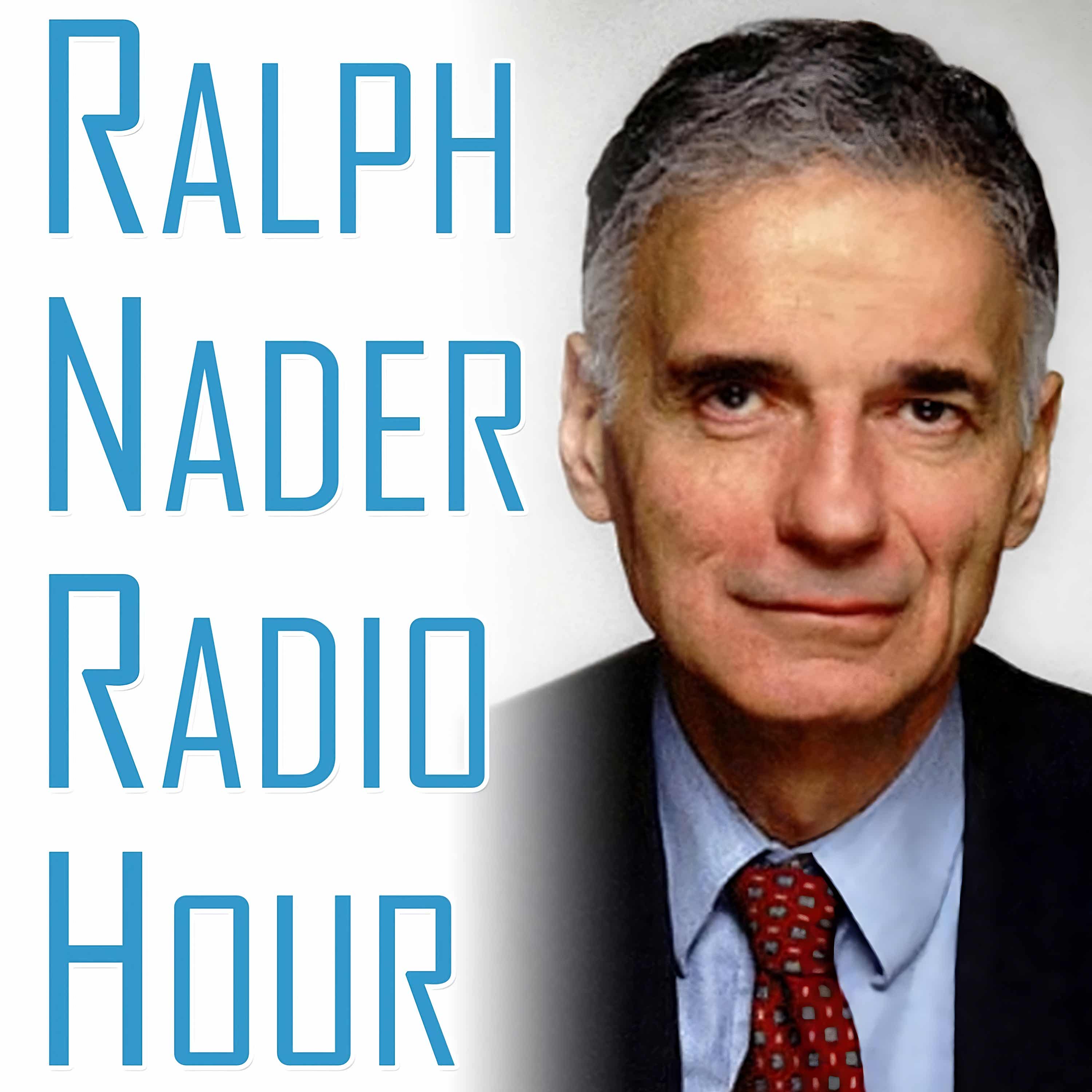Wonder Drug
Description
Ralph spends the whole hour with Jennifer Vanderbes, author of “Wonder Drug: The Secret History Of Thalidomide In America And Its Hidden Victims.” Thalidomide was never “commercially available” in the U.S., but American doctors handed out samples to patients even though no one could prove the drug was safe. Or could definitively say what the drug did. And by the time thalidomide landed at the FDA for approval, whistleblowers, journalists, doctors, and patients in Germany, Australia, and the UK were sounding the alarm about its shocking side effects.
Jennifer Vanderbes is an award-winning novelist, journalist and screenwriter. Her latest book is Wonder Drug: The Secret History Of Thalidomide In America And Its Hidden Victims.
It did not shock me researching this story that the pharmaceutical firms operated with a focus on profit, and that allowed for cutting corners. What really did shock me in my research was realizing that the doctors uniformly gaslit these patients. And it was stunning to me that you didn’t have any of these physicians who had given the drug to pregnant women who realized.
Jennifer Vanderbes
I was very surprised to be looking through materials that were so at odds with what had been reported. And in many ways this became, to me, a story about what can happen when the media accepts at face value a certain spin on the story. The FDA was very dependent initially on what the drug firms were telling it, and then the press was depending on what the FDA was telling it, and then everybody sort of moved on. It was also a happy story that people wanted to believe: “we were the one wonderful country that had stopped this drug.“
Jennifer Vanderbes
Their number one tactic is to just not even argue the merits of [thalidomide cases], but get them dismissed on the basis that, “All these people should have known.” And I would say six years of my life—and this book— is really an examination of how incredibly reasonable and understandable it is that these individuals did not know. They were not given the information, and the government was quite complicit.
Jennifer Vanderbes
The best investigative reporters in America didn’t uncover this story, until [Jennifer Vanderbes] put it together in a book. Because it took unbelievable energy, curiosity, travel, interviewing the survivors, going to their homes, and the most recent development— which was really incredible that it didn’t get national TV and radio coverage— was the gathering, for the first time, of thalidomide victims in San Diego.
Ralph Nader
In Case You Haven’t Heard with Francesco DeSantis1. On July 25th, The Teamsters reported that UPS caved to their demands, narrowly avoiding a massive strike. The wins in the new contract include higher wages, more jobs, ending the two-tier wage system, air conditioning in UPS trucks, part-time Rewards, and drivers getting Martin Luther King Day off. The union has triumphantly declared “We’ve Changed the Game” If these negotiations had fallen through, 340,000 UPS Teamsters would have gone on strike. Other employers, such as the Hollywood AMPTP, should take notes.
2. The Intercept reports that the Sanders-led Senate HELP Committee has passed an amendment to the Pandemic and All-Hazards Preparedness Act allocating $3 million to the National Academies of Sciences, Engineering, and Medicine to explore new options to pay for developing pharmaceuticals, specifically through public funding or “innovation prizes.” These drugs would then enter the public domain so they could be sold as generic medications. Sanders has made the cost of prescription drugs a high priority during his chairmanship on the committee, and hopefully this effort will bear fruit.
3. Following months of protest, CNN reports that Israel has rammed through their controversial judicial reform legislation. This law will limit the independence of the Israeli judiciary, which has been a bulwark against the most extreme Right-wing f
More Episodes
On today's program, Ralph welcomes two guests who have worked as civic advocates for more than fifty years—chemical engineer and environmentalist Barry Castleman, and solar energy advocate Ken Bossong. How do they maintain their civic stamina over more than five decades? That's what Ralph wants...
Published 05/25/24
Published 05/25/24
We explore how young people have made meaningful careers and lasting change working in the public interest with Sam Simon, editor of “Choosing the Public Interest: Essays From the First Public Interest Research Group” and Lisa Frank, Vice President and D.C. Director at The Public Interest Network...
Published 05/18/24


